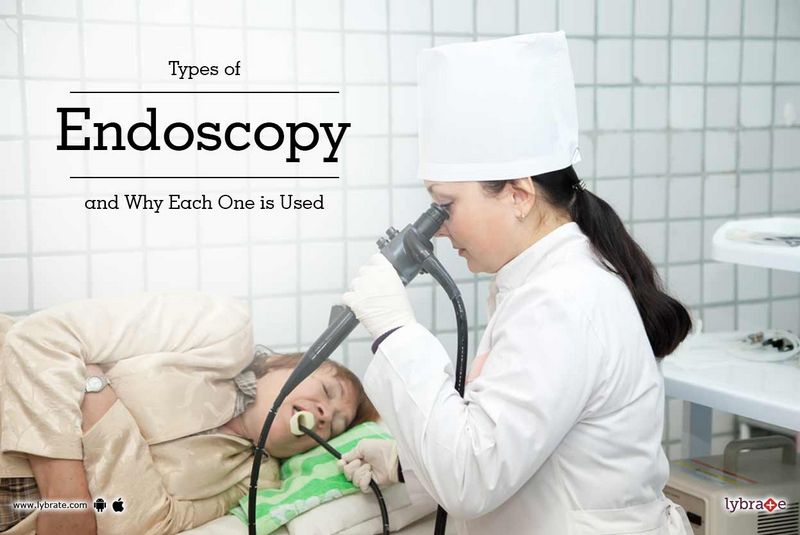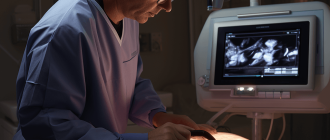
The Role of Endoscopy in Identifying MALS.
Endoscopy plays a crucial role in identifying and diagnosing Median Arcuate Ligament Syndrome. MALS is a rare disorder that affects the celiac artery and can cause chronic abdominal pain and other related symptoms. While MALS can be difficult to diagnose due to its nonspecific symptoms, endoscopy provides a valuable tool for accurate diagnosis.
During an endoscopy procedure, a thin, flexible tube with a light and camera on the end is inserted through the mouth or rectum to visualize the gastrointestinal tract. This allows doctors to directly examine the area affected by MALS, including the celiac artery and surrounding structures. For those diagnosed or suspected of having MALS, understanding the available Mals Syndrome Treatment options is essential. Endoscopy can also be used to obtain tissue samples for biopsies, which can help further confirm the diagnosis of MALS.
The ability to visualize the celiac artery and surrounding structures through endoscopy is crucial in diagnosing Median Arcuate Ligament Syndrome. This is because other imaging techniques, such as CT scans or MRIs, may not always provide clear and definitive evidence of the condition. The direct visualization provided by endoscopy allows for a more accurate assessment of the extent of the celiac artery compression and helps guide treatment decisions.
In addition to diagnosing Median Arcuate Ligament Syndrome, endoscopy also plays a role in the management of the condition. By directly visualizing the affected area, doctors can assess the response to treatment and make necessary adjustments. This ensures that patients receive the most appropriate and effective interventions, leading to improved outcomes and quality of life.
Endoscopy plays a vital role in identifying and diagnosing MALS. Its ability to directly visualize the affected area, obtain tissue samples for biopsies, and guide treatment decisions makes it an invaluable tool in the management of this rare disorder. As our understanding of Median Arcuate Ligament Syndrome continues to evolve, endoscopy will remain an important diagnostic and therapeutic technique for healthcare professionals.






